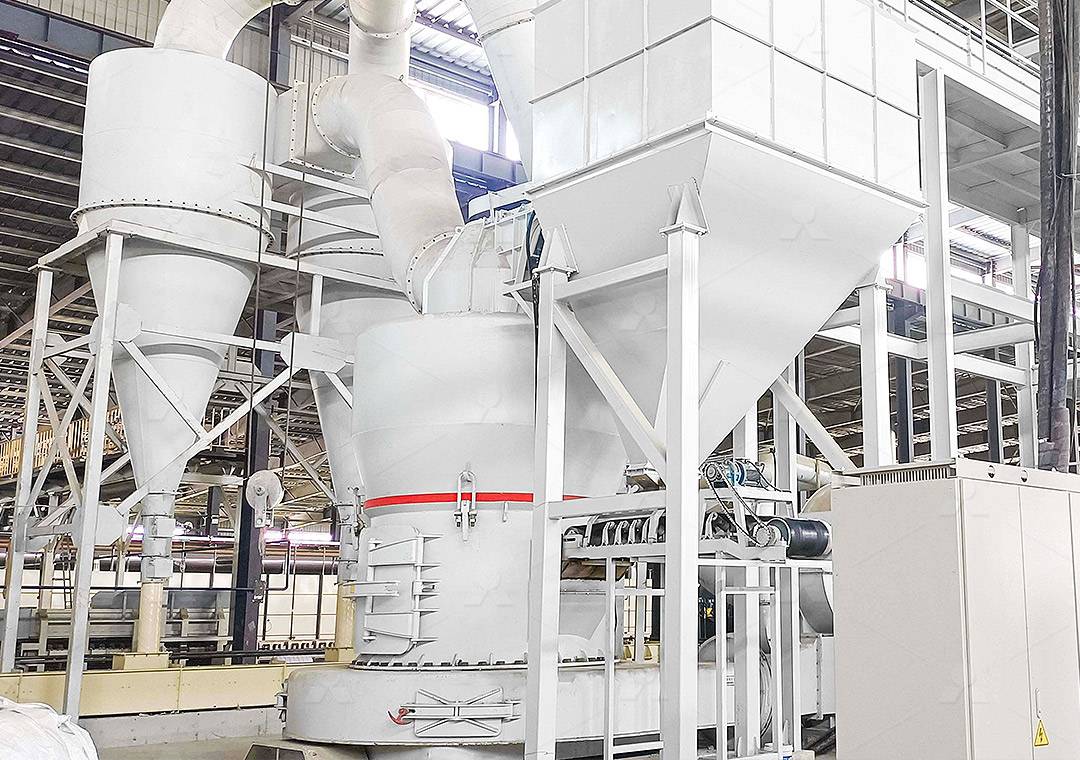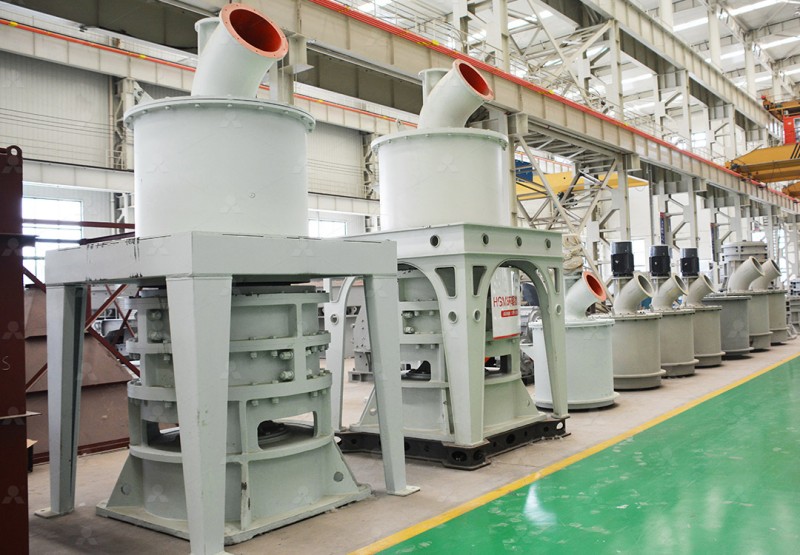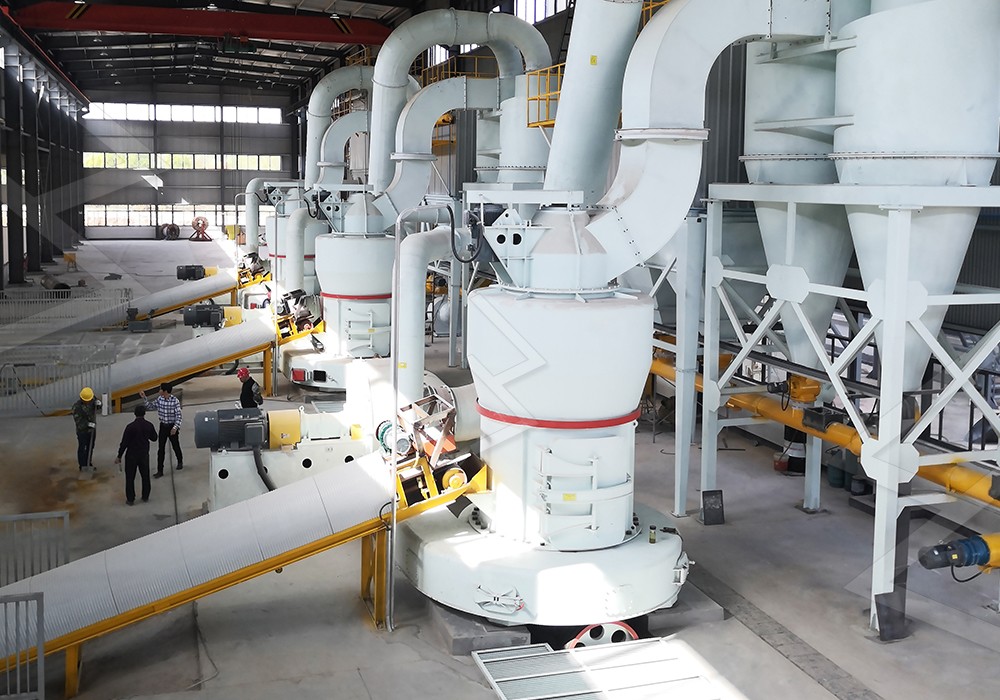How Much Does a Hammer Mill Crusher Cost? A Detailed Price Breakdown
We provide a wide range of mills — including Raymond mill, trapezoidal mill, vertical mill, ultrafine mill, and ball mill, obtained ISO9001 international quality certification, EU CE certification, and Customs Union CU-TR certification. Suitable for processing minerals such as limestone, phosphate, quicklime, kaolin, talc, barite, bentonite, calcium carbonate, dolomite, coal, gypsum, clay, carbon black, slag, cement raw materials, cement clinker, and more.
The discharge range of these mills can be adjusted to meet specific processing needs, typically from 80-400 mesh, 600-3250 mesh, and can achieve the finest particle size of up to 6000 mesh(D50).
If you are looking for a reliable grinding solution to turn stone or minerals into fine powder, please feel free to contact our online customer service.
How Much Does a Hammer Mill Crusher Cost? A Detailed Price Breakdown
So, you’re in the market for a hammer mill crusher, and the burning question is: how much is this gonna set me back? It’s not a simple one-size-fits-all answer, folks. The price tag can swing wildly based on a whole bunch of factors. Let’s break it down so you know what you’re getting into.
Key Factors That Influence The Cost
First off, forget about finding a single price online. The cost is dictated by:
- Capacity & Size: Are you processing 1 ton per hour or 50? A small lab-scale unit might run you a few thousand dollars, while a heavy-duty industrial monster can easily climb into the six-figure range.
- Construction & Materials: What’s it made of? Standard carbon steel is your budget-friendly option. But if you’re grinding abrasive materials, you’ll need wear parts lined with manganese steel or even chrome, which adds a significant premium.
- Features & Customization: Need an integrated air conveyor system, dust collection, or specific screen sizes? Each add-on increases the initial investment but can save you money on operational costs down the line.
- Motor Power: The heart of the machine. A more powerful motor means a higher capacity but also a higher purchase price and electricity bill.

A Rough Price Range Estimate
Okay, let’s talk numbers. For a small to mid-sized hammer mill suitable for a small business or farm, you’re probably looking at anywhere from $15,000 to $40,000. These are often standalone units with decent throughput.
For large-scale industrial processing plants requiring high tonnage and extreme durability, prices can start at $60,000 and soar past $250,000. This often includes a complete system with feeders, cyclones, and advanced control panels.
Beyond the Hammer Mill: Considering Finer Grinding Options
Sometimes, a hammer mill is just the first step. It’s fantastic for coarse to medium crushing, but if your operation requires ultra-fine powders for industries like chemicals, cosmetics, or advanced materials, you’ll need a secondary grinding solution. This is where investing in a specialized fine grinder becomes crucial for product quality and value addition.

For those needs, we highly recommend looking at our MW Ultrafine Grinding Mill. This piece of equipment is a game-changer for producing superfine powder. It handles materials from limestone to talc (0-20mm input) with a capacity ranging from 0.5 to 25 tons per hour. Its standout features include higher yielding with lower energy consumption (up to 40% higher efficiency than some competitors), adjustable fineness between 325-2500 meshes, and a design that eliminates rolling bearings in the grinding chamber for worry-free operation. It’s engineered for environmentally friendly production with its efficient pulse dust collector, making it a smart long-term investment for quality-focused operations.
The Hidden Costs: Don’t Forget These!
The purchase price is just the beginning. Be sure to budget for:
- Shipping & Installation: These machines are heavy and complex.
- Wear Parts: Hammers, screens, and liners are consumables. Factor in their replacement cost.
- Power Consumption: Run the numbers on your local electricity rates.
- Maintenance: Regular upkeep is cheaper than major repairs.

Conclusion: It’s An Investment
Ultimately, the cost of a hammer mill crusher is an investment in your operation’s efficiency and capability. While the upfront price is important, consider the total cost of ownership, including maintenance, power, and the quality of the final product. For operations that need to go beyond crushing into the realm of superfine grinding, pairing a hammer mill with a specialized system like our MW Ultrafine Grinding Mill creates a powerful processing line that can significantly enhance your product offering and bottom line. Do your homework, get quotes based on your specific needs, and choose a machine that offers reliability and value over its entire lifespan.
